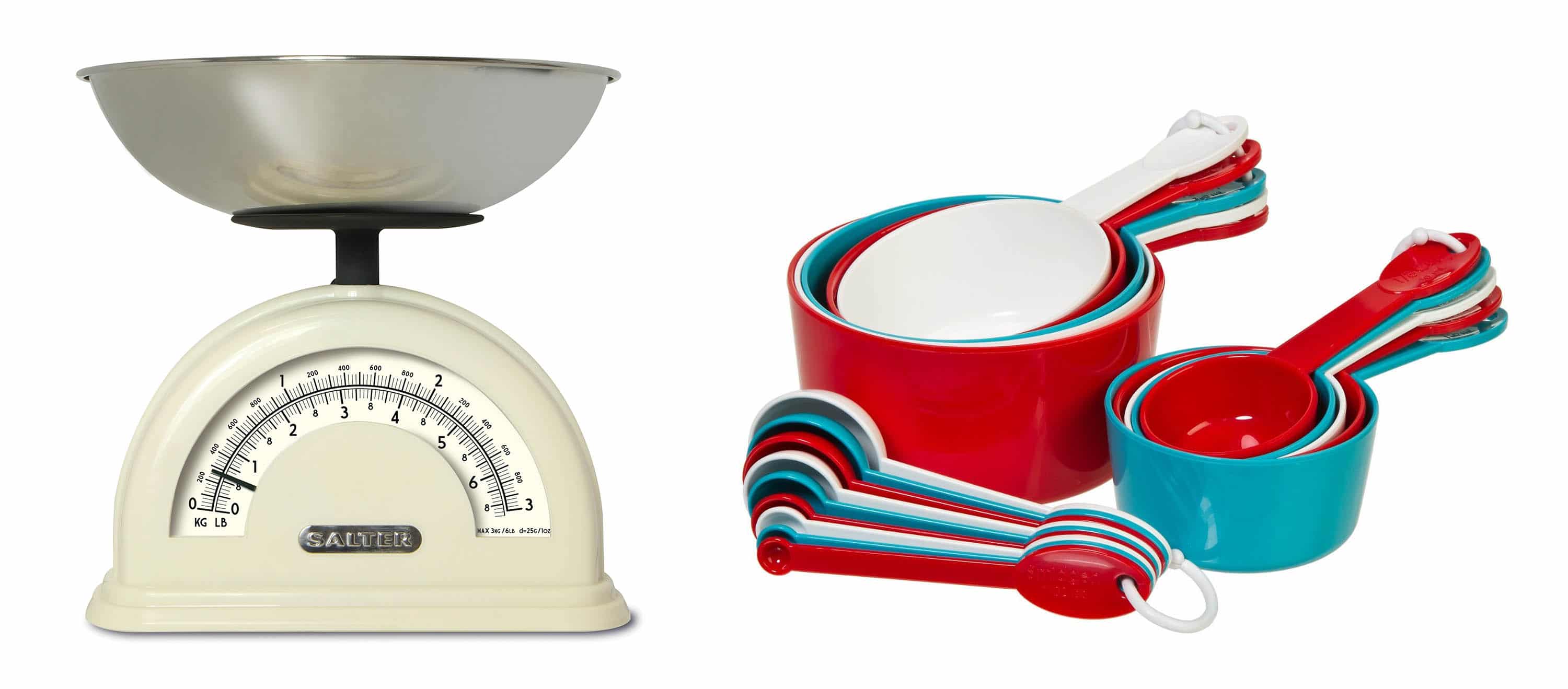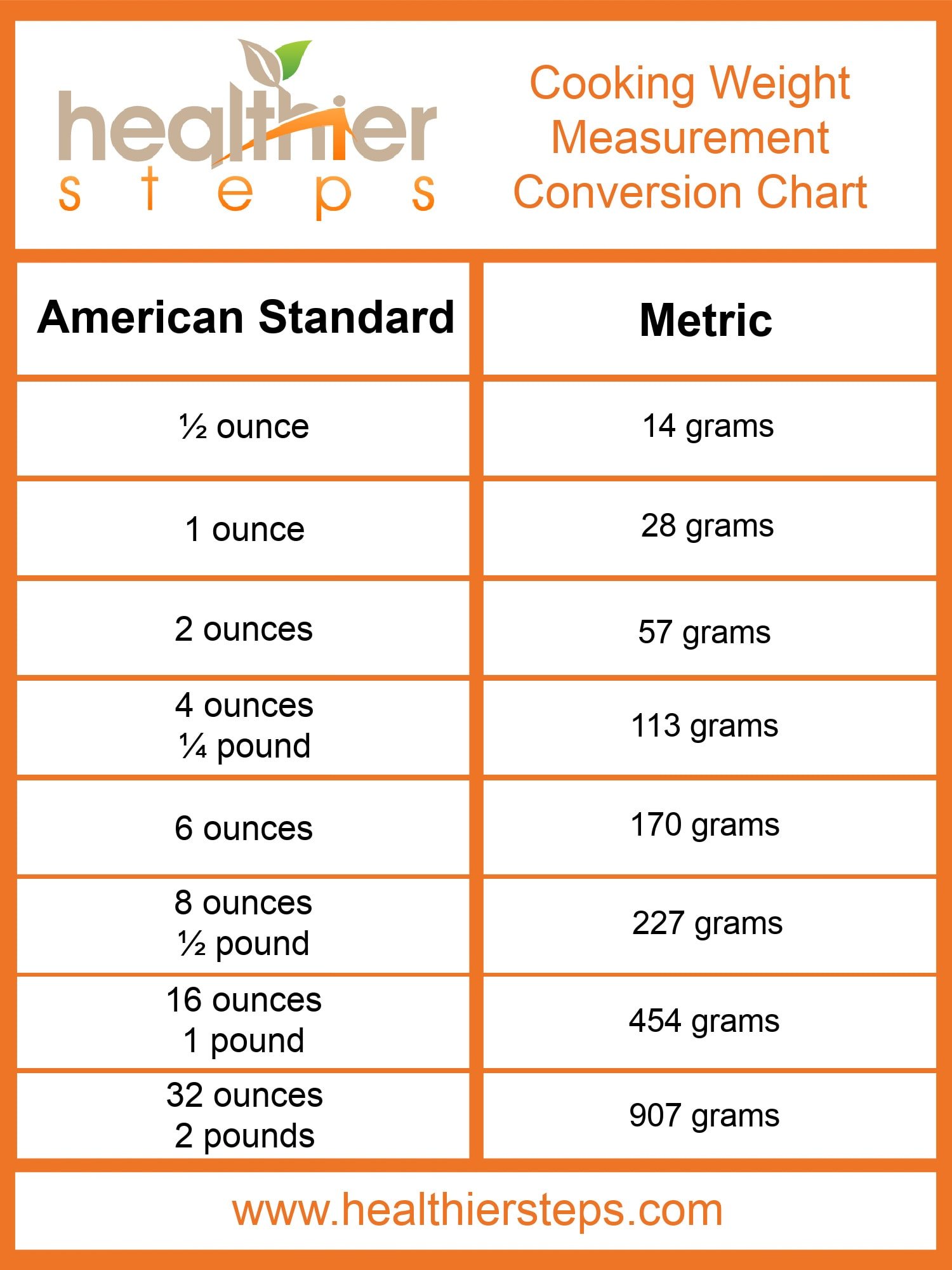

It is however, still used in some settings in the UK, such as restaurants. Due to metrication, the United Kingdom (UK) no longer officially uses the ounce. The ounce is still used in some other countries around the world that have roots in British history and culture. It is mostly used in the United States for measuring packaged food products, food portions, and postal items, among other things.

The current definition of the ounce, the international avoirdupois ounce was adopted in 1959.Ĭurrent use: The ounce is still a standard unit of mass in the US customary system of measurement. Examples include the Dutch metric ounce (100g), French ounce (30.59g), and the Spanish ounce (28.75g), among others. The ounce has been used as a standard of mass throughout history for different applications and with different definitions. This relationship between the Roman pound and foot eventually contributed to the uncia being the basis of the modern inch as well as the common ounce. The copper bar was divided into twelve equal parts, called unciae. History/origin: The origin of the term ounce stems from the Roman uncia, which means a "twelfth part," and the use of a standardized copper bar which defined both the Roman pound and foot. The avoirdupois ounce (the common ounce) is defined as exactly 28.349523125 grams and is equivalent to one sixteenth of an avoirdupois pound.

Definition: An ounce (symbol: oz) is a unit of mass in the imperial and US customary systems of measurement.


 0 kommentar(er)
0 kommentar(er)
